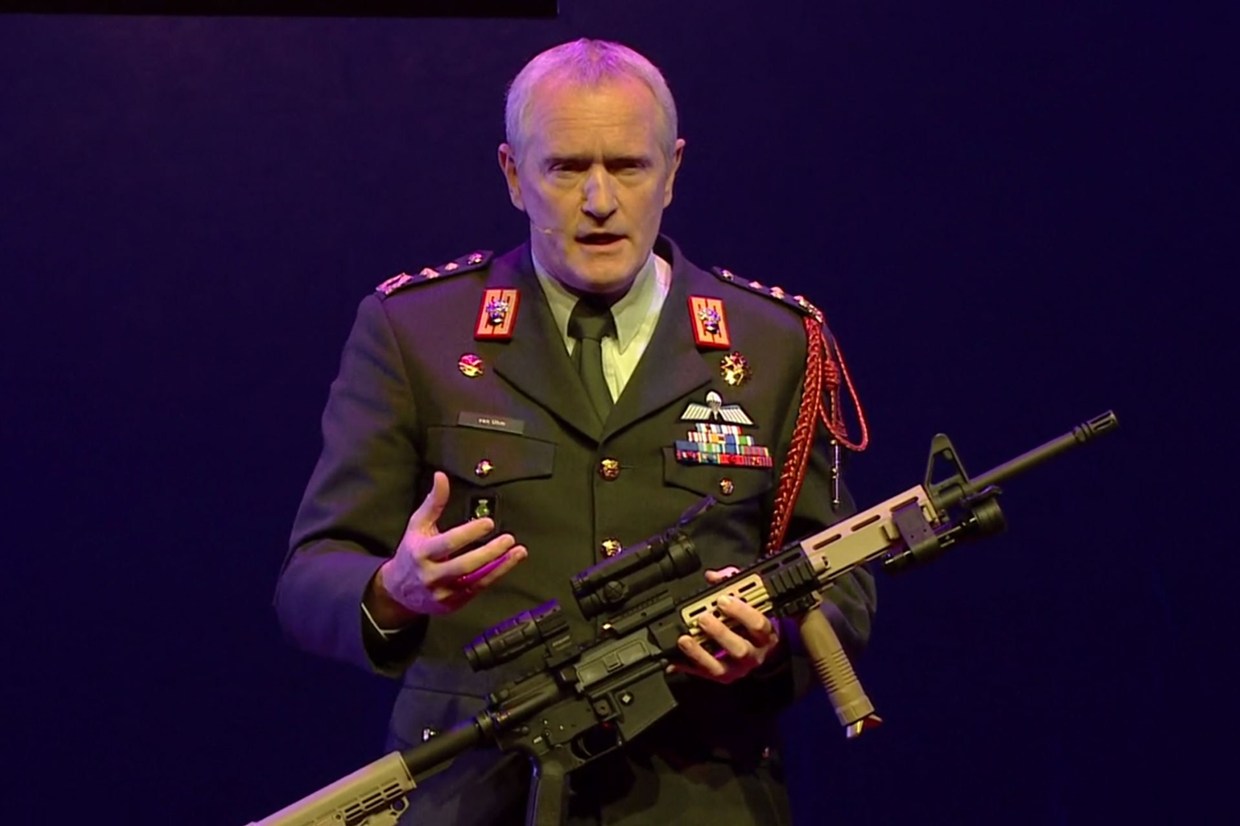As a young man, I could have chose the pen, the brush, or the camera, for my profession.
I instead chose the gun as my instrument to create a better world.
Guns keep the peace.
Open your mind, sit back, and listen:
I instead chose the gun as my instrument to create a better world.
Guns keep the peace.
Open your mind, sit back, and listen:





